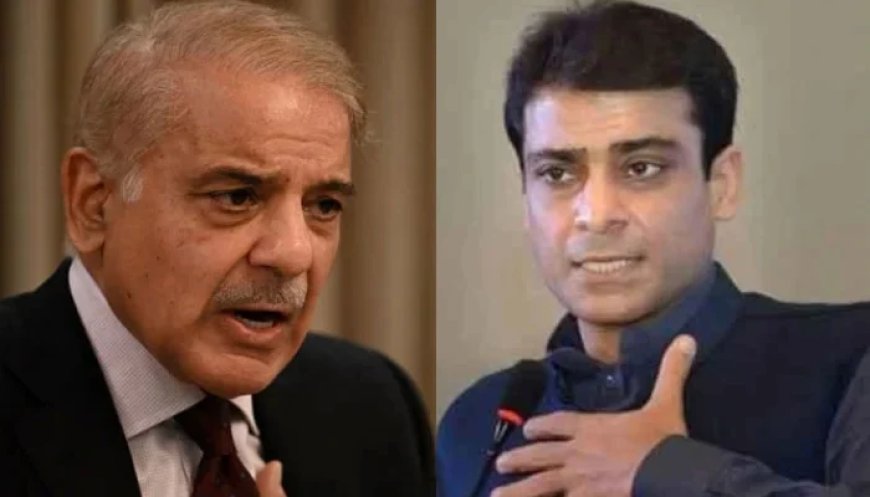After Imran Khan, PM Shehbaz and Hamza seek relief under NAB law tweaks

1. Father-son duo seeks transfer of Ramazan Sugar Mills reference to anti-graft body
ISLAMABAD: Following the recent Supreme Court decision reinstating amendments to the National Accountability Ordinance 1999, Imran Khan, the detained founder of PTI, has requested relief from the £190 million case. In response, Prime Minister Shehbaz Sharif and his son Hamza Shehbaz have called for the Ramazan Sugar Mills reference to be transferred back to the National Accountability Bureau (NAB).
On September 6, the Supreme Court upheld intra-court appeals against the September 15, 2023, judgment that had previously invalidated the NAB amendments. The court ruled that Imran Khan had failed to demonstrate that the amendments were unconstitutional.
During today’s hearing, the legal team representing Shehbaz and Hamza Shehbaz argued that the reference against them is “inadmissible” following the Supreme Court's verdict and claimed that the “accountability court lacks jurisdiction” over the case. The judge instructed the lawyers to file a formal application for transferring the sugar mills reference to NAB, with the hearing scheduled for October 1.
The court also granted Hamza Shehbaz’s request for exemption from personal attendance.
The reference, originally filed on February 18, 2019, accused Hamza and Shehbaz of misusing official authority to benefit Ramzan Sugar Mills, which is owned by Shehbaz’s sons. The anti-corruption bureau alleged that a 10km sludge carrier project in Chiniot resulted in a loss of Rs213 million to the national treasury. This reference was reopened in November 2023 following the invalidation of the NAB amendments.
Earlier, Imran Khan sought acquittal from the £190 million case, challenging the validity of the case under the restored NAB amendments. His lawyer argued that the case is no longer valid post-verdict, as all cabinet decisions are protected under the amendments.
**NAB Amendments Overview:**
- The amendments restricted NAB from investigating graft cases involving less than Rs500 million and limited investigations to fraud cases with more than 100 victims.
- The amendments reduced NAB’s custody period for accused individuals from 30 days to a maximum of 14 days.
- NAB was barred from addressing tax-related issues and regulatory matters.
- The amendments also reduced the NAB chairman and prosecutor general's term to three years and set a three-year term for accountability court judges, requiring cases to be resolved within one year.
















































